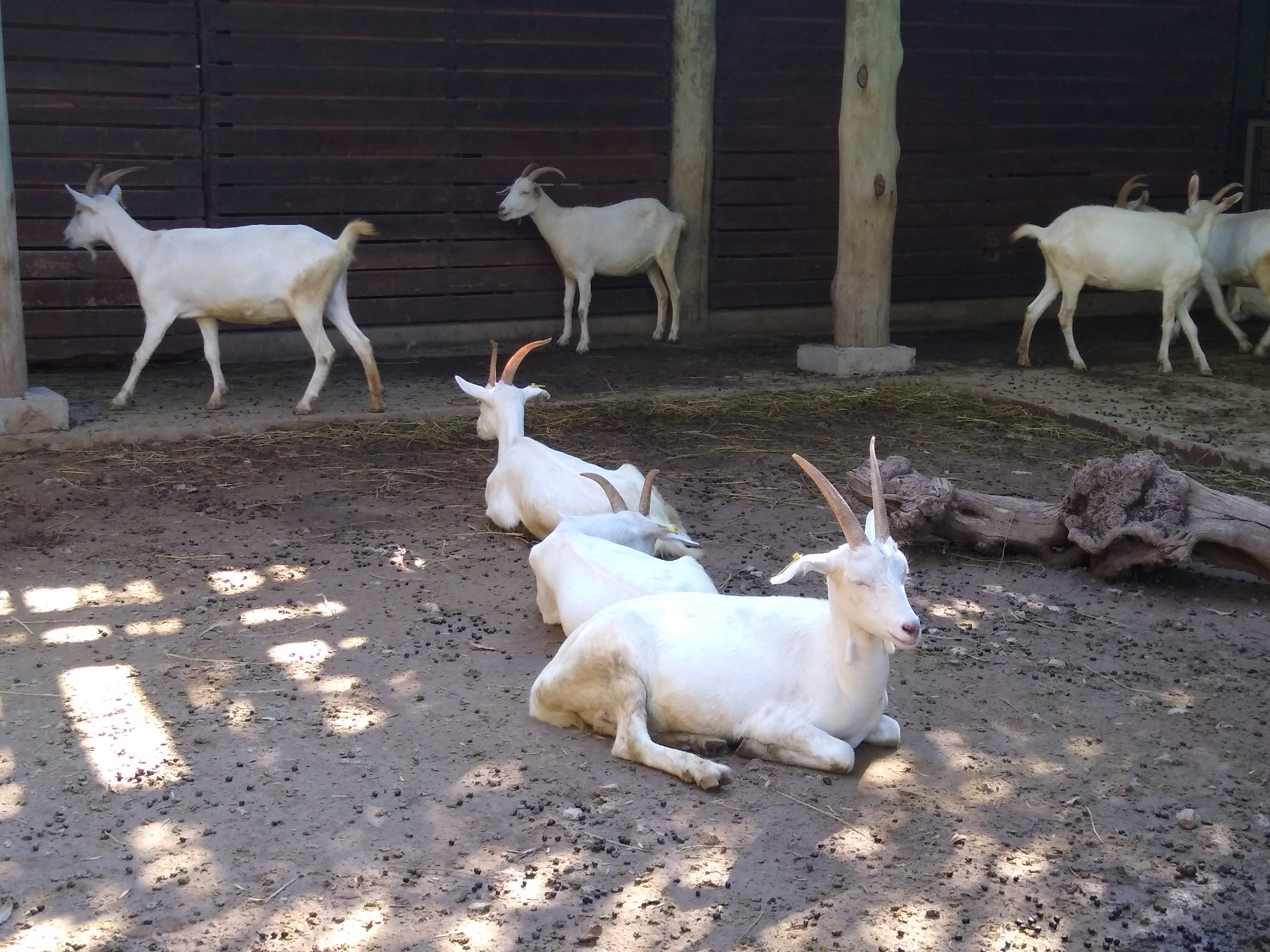
The pen stood on the side of a hill, bathed in the golden light of dawn. It was a large space, surrounded by a wooden fence that had aged over the years, with some posts leaning under the weight of time. The boards creaked in the wind, as if whispering ancient secrets.
Inside, the ground was covered with soft, dry straw, spread across the floor like a golden blanket. An old stone trough, with crystal-clear water that reflected the sky, occupied a corner, where the white goats used to gather to drink. The scent of freshly cut grass and the fresh breeze from the countryside permeated the air, giving the place a feeling of peace and harmony.
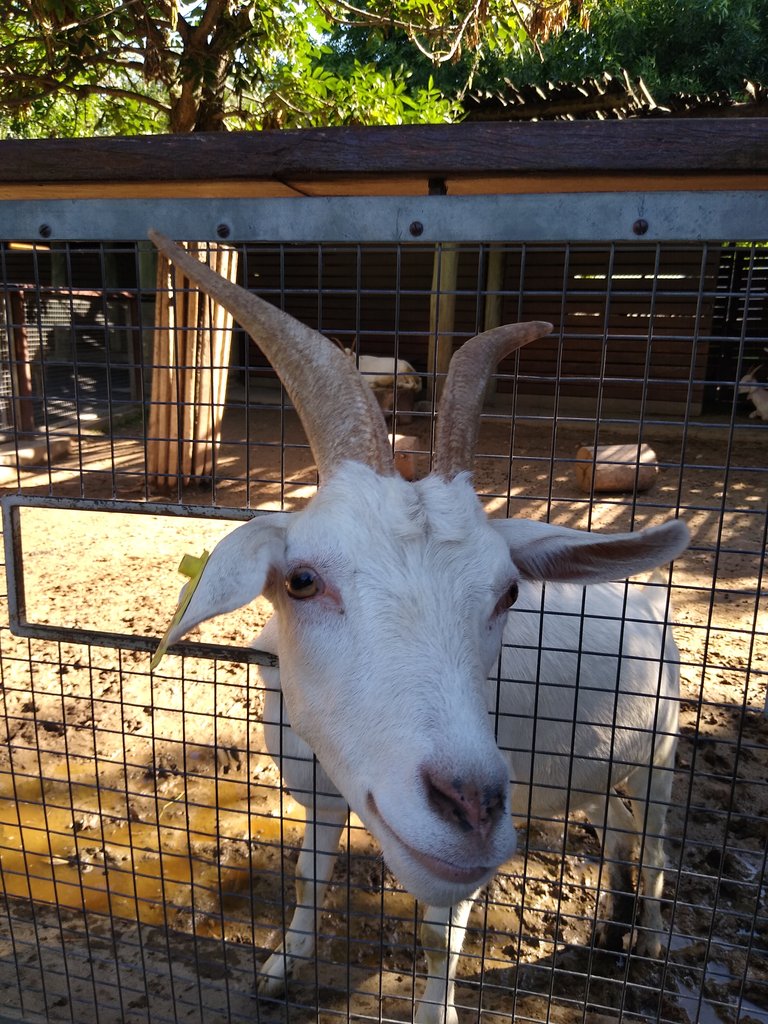
The goats, immaculately white, moved calmly, some nibbling on hay, others resting under the shade of a large oak tree that grew right next to the pen. His dark, curious eyes watched everyone who came near, and his wool, as white as the clouds, seemed to shine when the sun's rays touched it.
At one side of the corral, a small wooden hut served as a shelter when the rain fell. Its walls were decorated with horseshoes and herding tools, and above the door hung a bronze bell that Don Matías, the old shepherd, rang every morning to call his goats.
That corral was not only a home for the animals, but a symbol of the town. There, stories were told, laughter was shared, and the harvest was celebrated. The white goats were more than just animals; they were the essence of that corner lost among the mountains, the soul of a tradition that was kept alive with each new dawn.
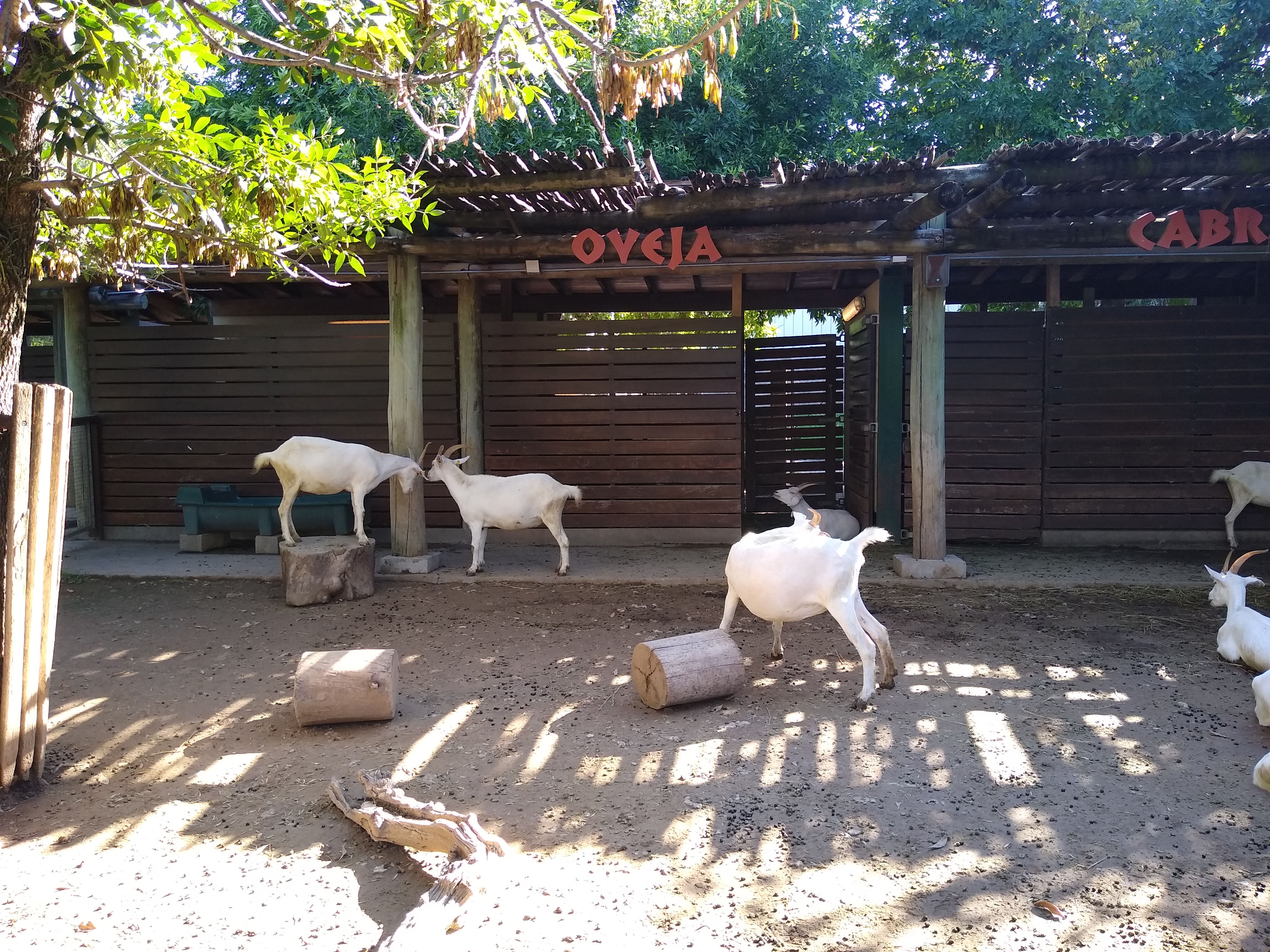
El corral se alzaba en la ladera de una colina, bañado por la luz dorada del amanecer. Era un espacio amplio, rodeado por una cerca de madera envejecida por los años, con algunos postes inclinados por el peso del tiempo. Las tablas crujían con el viento, como si susurraran secretos antiguos.
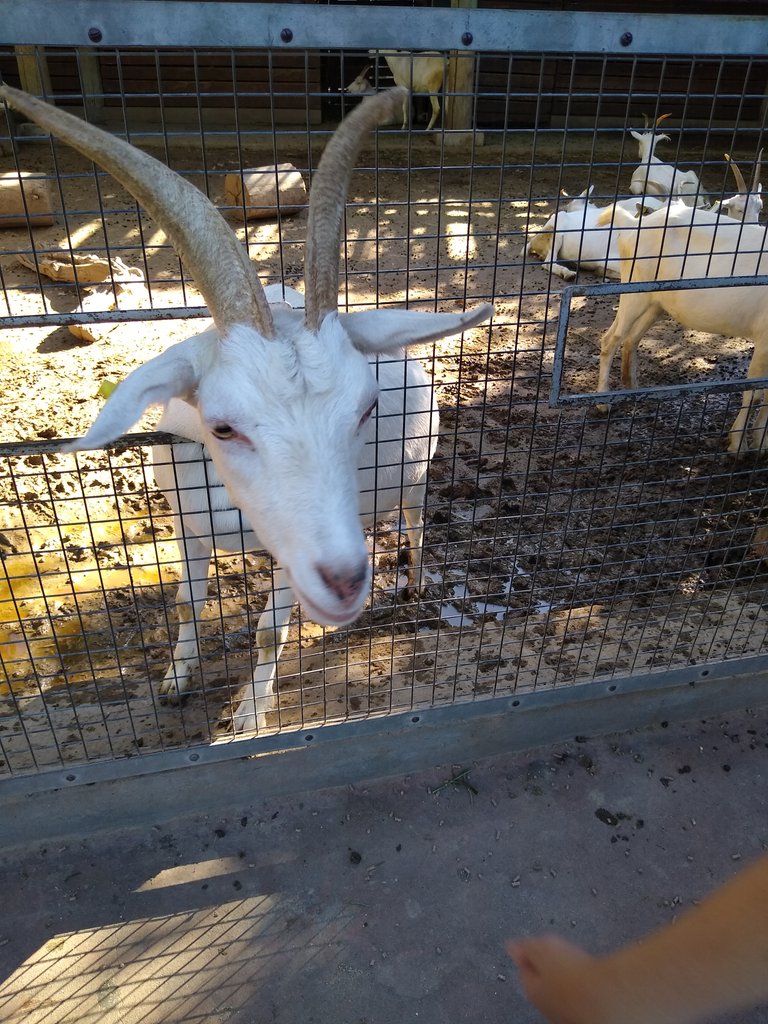
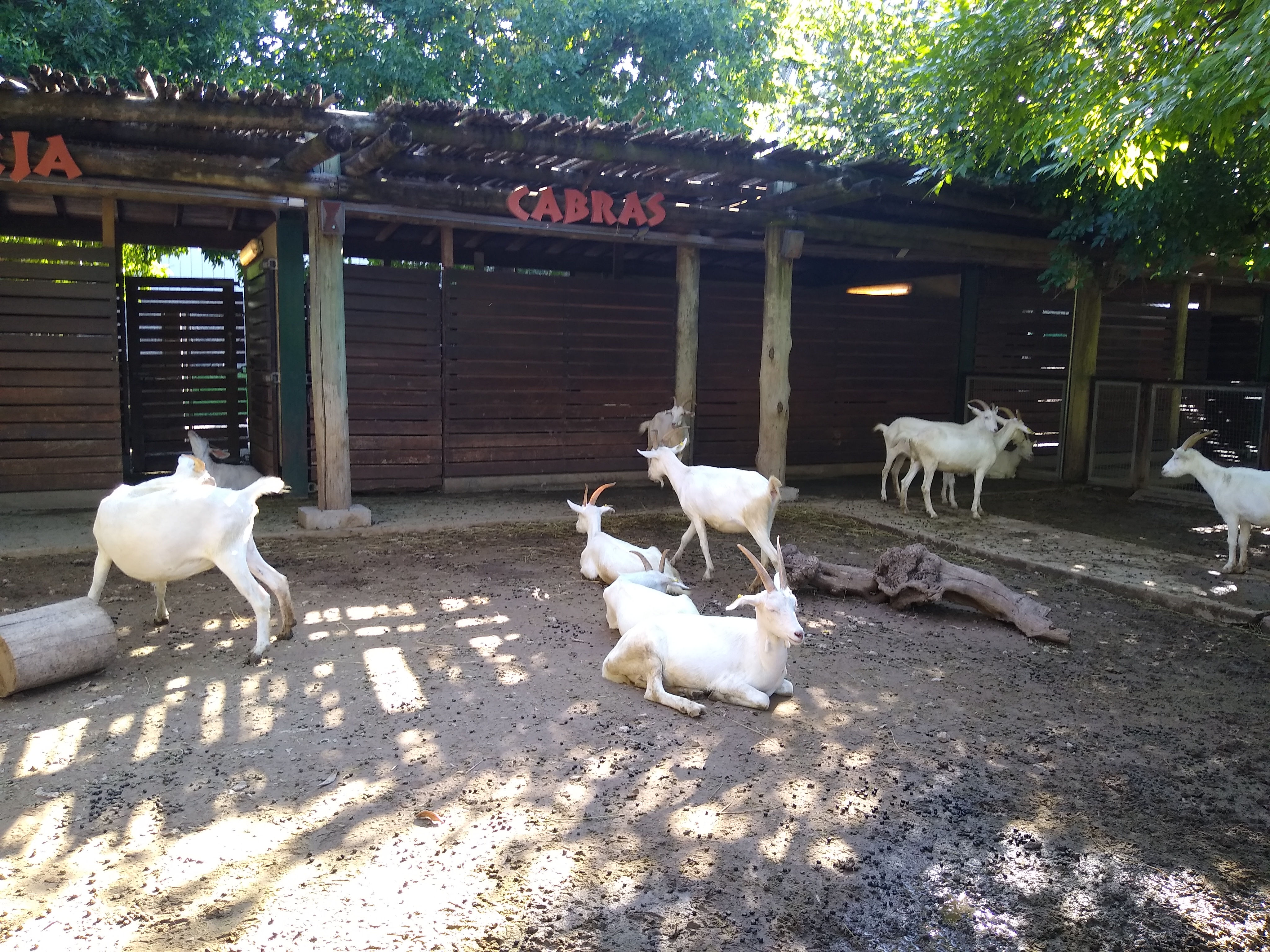
Dentro, la tierra estaba cubierta de paja seca y suave, esparcida por el suelo como un manto dorado. Un viejo abrevadero de piedra, con agua cristalina que reflejaba el cielo, ocupaba un rincón, donde las cabras blancas solían reunirse a beber. El aroma del pasto recién cortado y la brisa fresca del campo impregnaban el aire, dándole al lugar una sensación de paz y armonía.
Las cabras, de un blanco inmaculado, se movían con tranquilidad, algunas mordisqueando el heno, otras descansando bajo la sombra de un gran roble que crecía justo al lado del corral. Sus ojos oscuros y curiosos observaban a todo aquel que se acercaba, y su lana, tan blanca como las nubes, parecía brillar cuando los rayos del sol la tocaban.
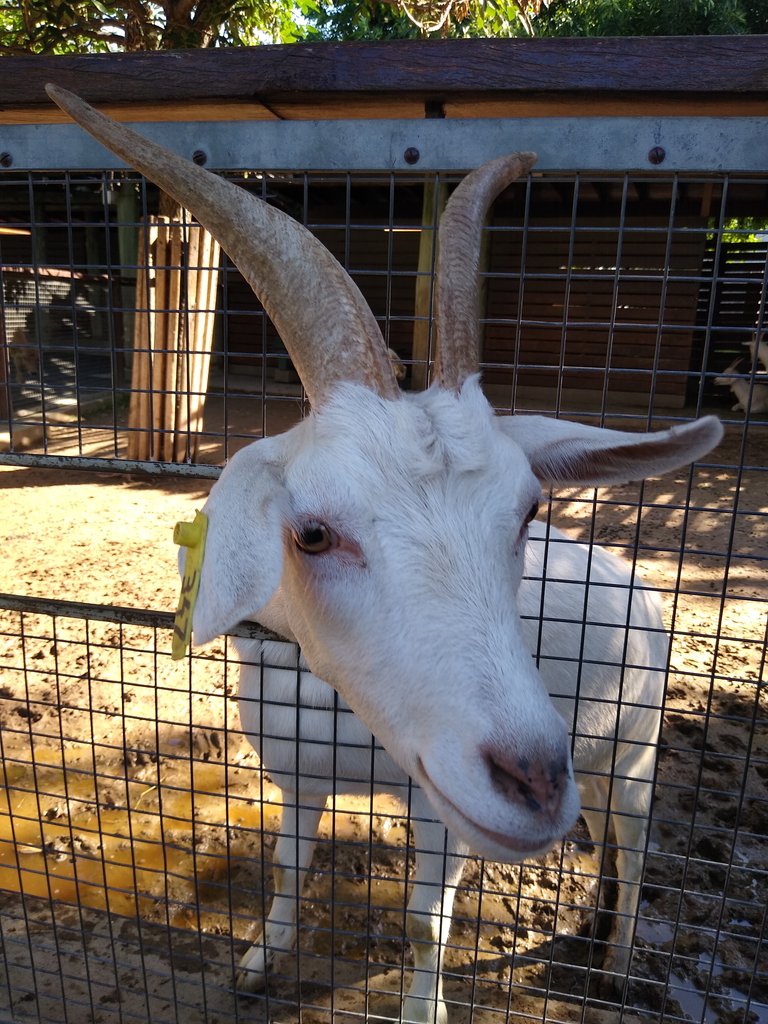
A un lado del corral, una pequeña cabaña de madera servía de refugio cuando la lluvia caía. Sus paredes estaban adornadas con herraduras y herramientas de pastoreo, y sobre la puerta, colgaba una campana de bronce que don Matías, el viejo pastor, hacía sonar cada mañana para llamar a sus cabras.
Ese corral no solo era un hogar para los animales, sino un símbolo del pueblo. Allí se contaban historias, se compartían risas y se celebraban las cosechas. Las cabras blancas eran más que simples animales; eran la esencia de aquel rincón perdido entre montañas, el alma de una tradición que se mantenía viva con cada nuevo amanecer.